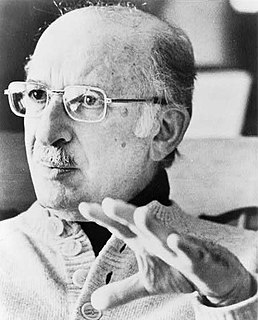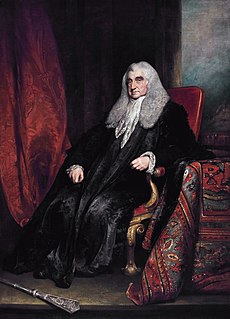A Quote by Francois de La Rochefoucauld
Related Quotes
I know some say, let us have good laws, and no matter for the men that execute them: but let them consider, that though good laws do well, good men do better: for good laws may want good men, and be abolished or evaded [invaded in Franklin's print] by ill men; but good men will never want good laws, nor suffer ill ones.
Think of it! A few more boats, a few more planks of wood nailed together in a particular way at a thrifty cost and all those men and women whom the world can so ill afford to loose would be with us today. There would be no mourning in thousands of homes which now are desolate and these words need not have been written.
A whole big, giant world full of men. Men with blue eyes. Brown eyes. Green eyes. And indescribable shades in between. Tall men. Short men. Skinny men. Built men. And all combinations thereof. Nice men (so I've heard, but never really seen). Mean men. Decent men, indecent. And who knows which is the best kind to have, to hold, to love? I'd say, with so many men in the world, it would pay to sample a few. Scratch that. More than a few. Lots and lots. And then a few more. And maybe, after years of research, you might find one worth not throwing back. But hey, the fun is in the fishing.
Women know, and so do many men, that two or three children who are wanted, prepared for, reared amid love and stability, and educated to the limit of their ability will mean more for the future of the black and brown races from which they come than any number of neglected, hungry, ill-housed and ill-clothed youngsters. Pride in one's race, as will simple humanity, supports
this view.




































